Logically, After You Die Will Be Like Before You Were Born

No one knows what it is like before or after death, but logically, after you die will be like before you were born.
Thinking is a mental process which allows humans to model the world, philosophy is the attempt to understand the world using logic and reason. The world being both the external and the internal, and both the knowable and unknowable.
For an overview of philosophy see our branches of philosophy page, for an introduction to philosophy check out Reason at Work (Amazon). Philosophy includes everything from economic and political philosophies, to the philosophies of emotions and mind, to cosmological and other other metaphysical questions, to the nature of god and religion, to the very nature of what we can know. Given that every subject has a science and philosophy (with the two often merging, such is the case in theoretical physics or mathematics) we have to be careful not to undervalue the practical aspects of this non-science.

No one knows what it is like before or after death, but logically, after you die will be like before you were born.

Political emotion is a term that describes emotional attachments and responses to political ideas and responses to political ideas based on emotion.
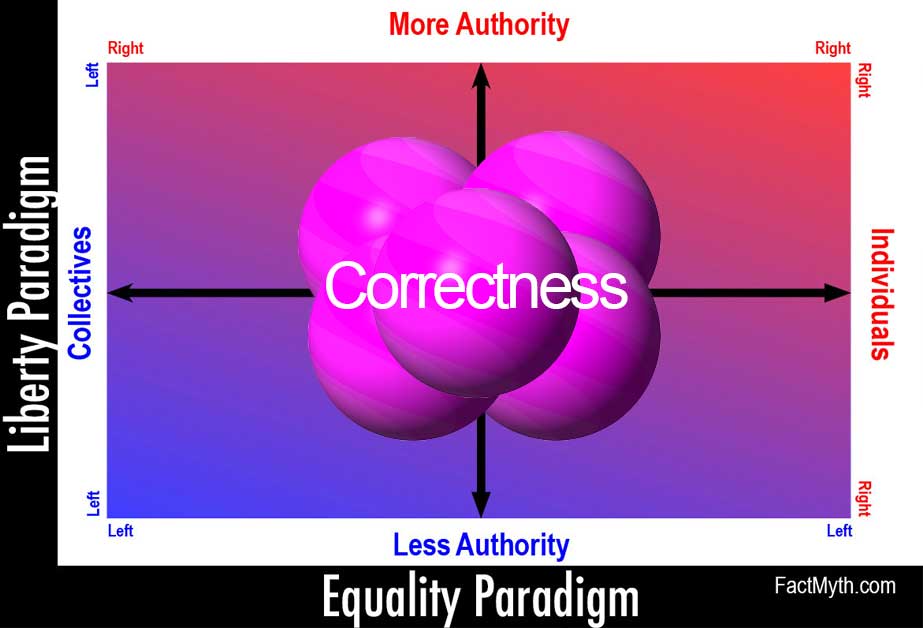
Progressive Centrism, often known as “Radical Centrism”, is center-wing centrism (a balanced left-right ideology) that is progressive (wants change quickly).
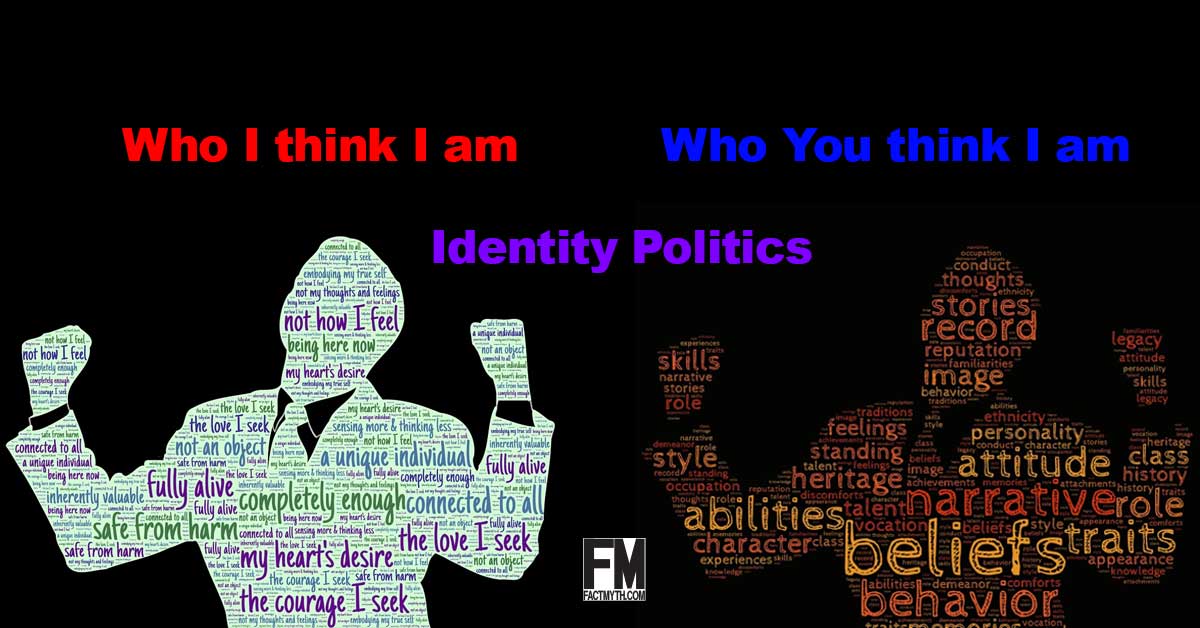
Identity Politics describes identifying with a concept, or being perceived as identifying with a concept, and the social and political implications of that.
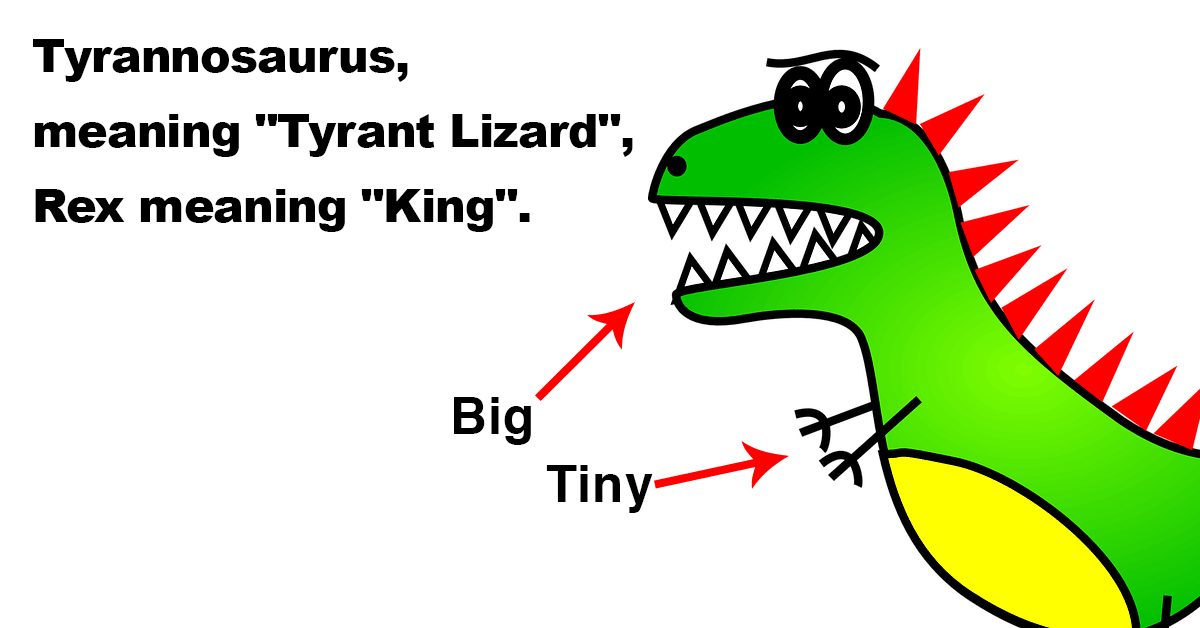
Donald Trump hasn’t been much of a Tyrant in-action, but he does have a lot in common with the classical tyrants, including the tyrant from Plato’s Republic.
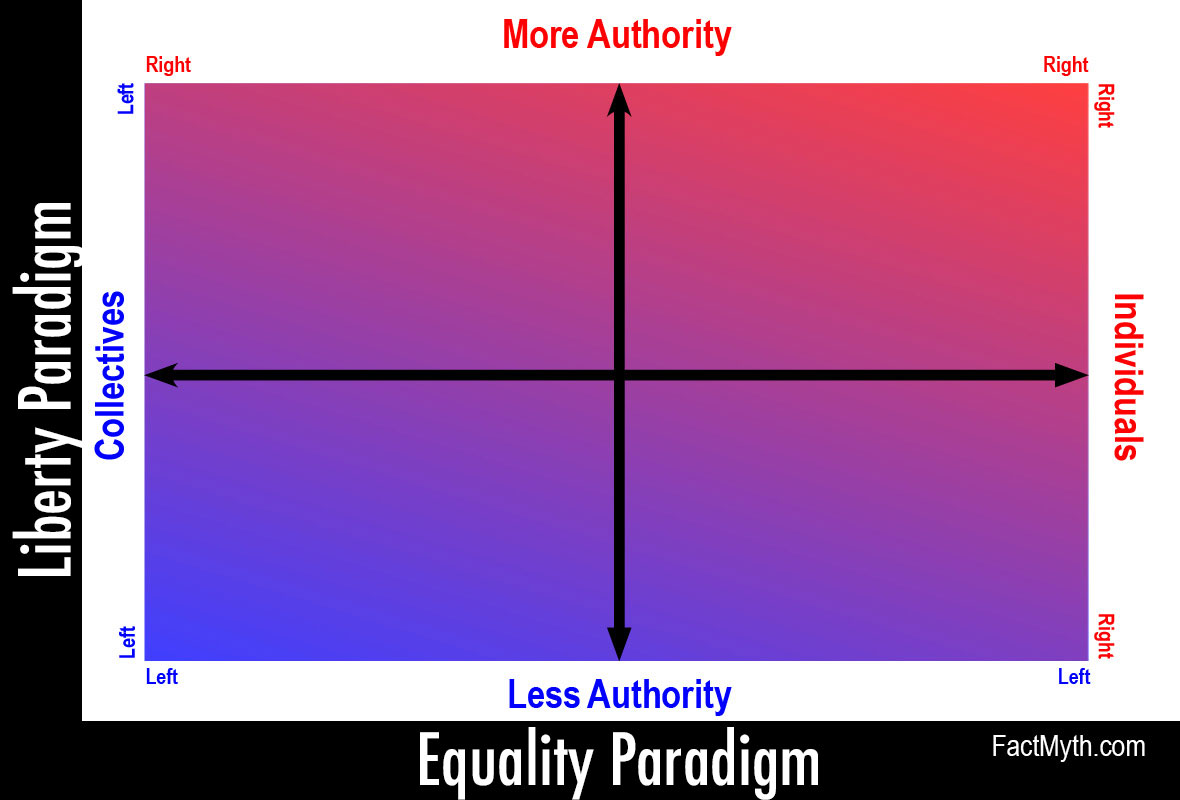
We describe a “purple strategy” modeled off purple state politics, for the Defense of Western Liberal Democracy and Republicanism.
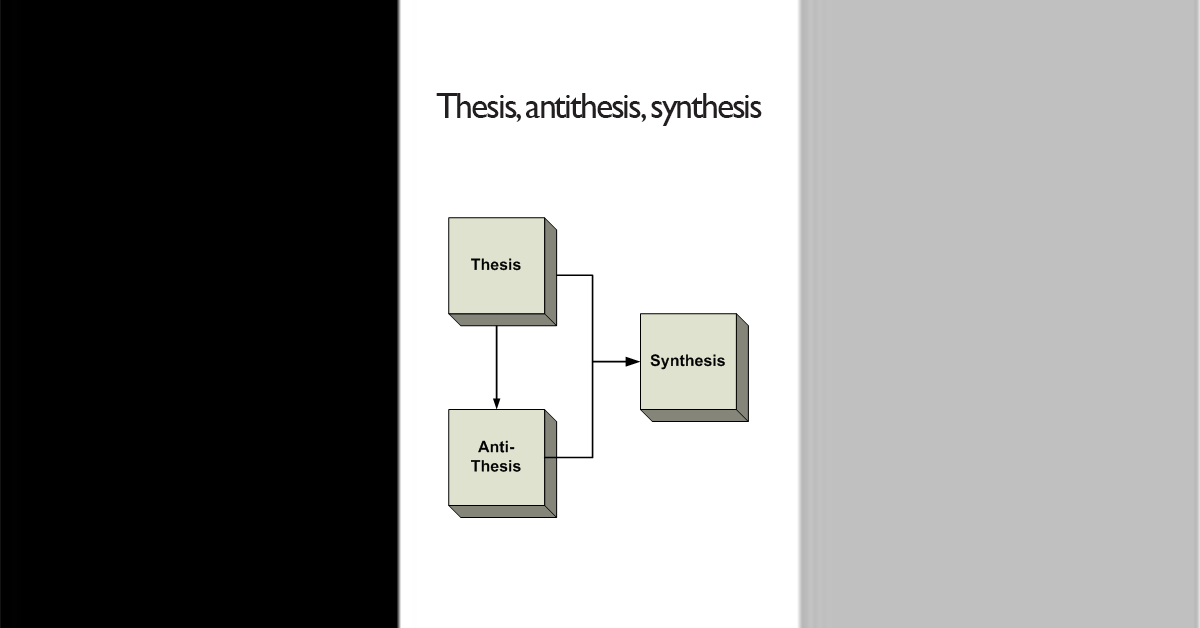
We discuss theories that deal with the nature of abstractions and contradictions including, Dialectics and the Golden Mean theory, and offer a “synthesis” of these theories.
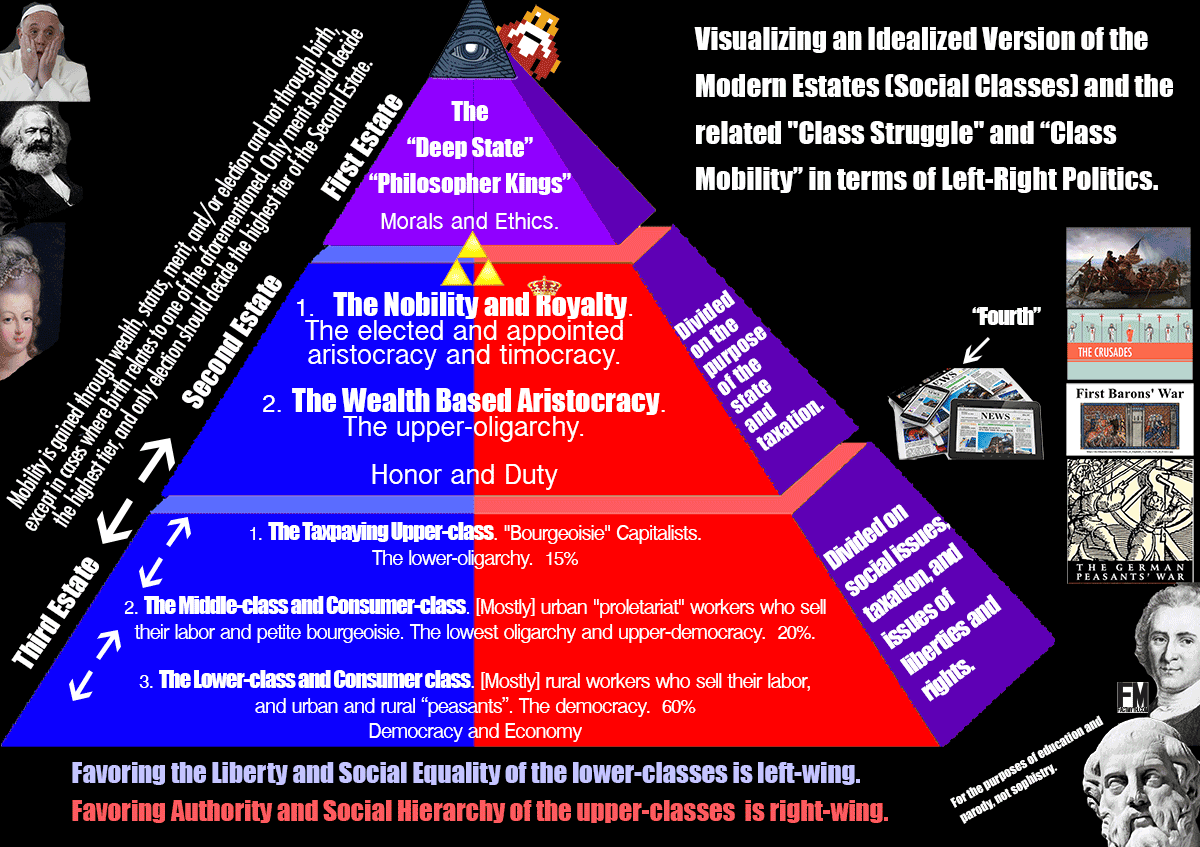
All nations have some sort of class system or class structure, generally based on wealth, birth, or status. We explain modern and historic social class systems and the general logic behind them to see to what extent they are natural and what extent they are convention.
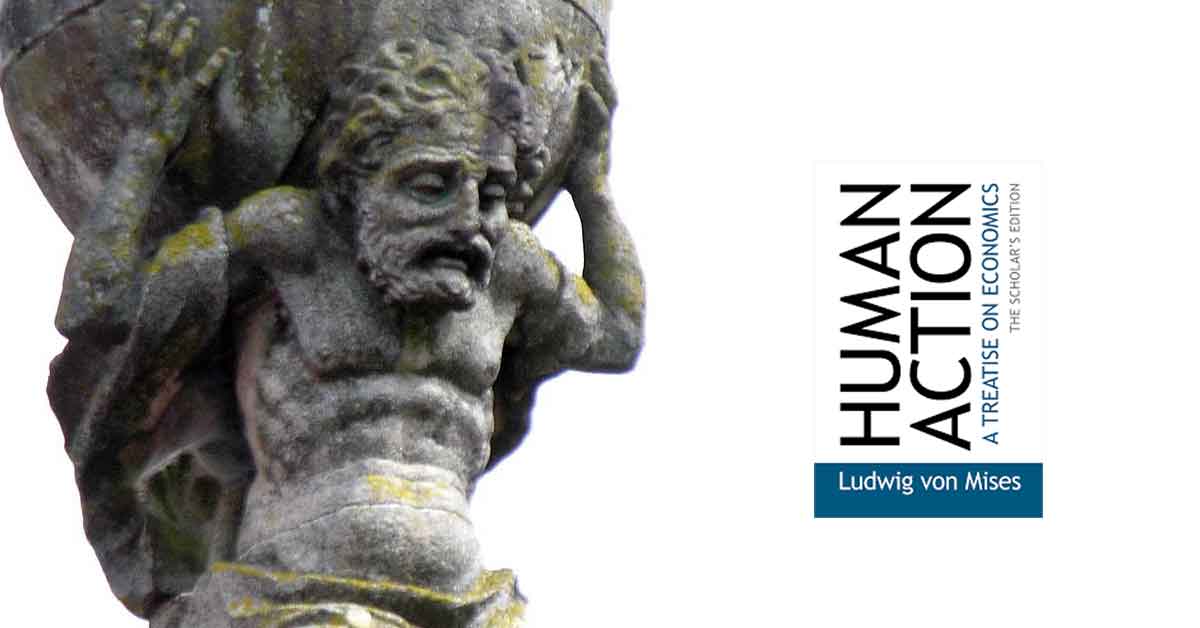
We discuss the importance of individualism and the complexities involved in balancing the spirit of Individualism with collective responsibility.
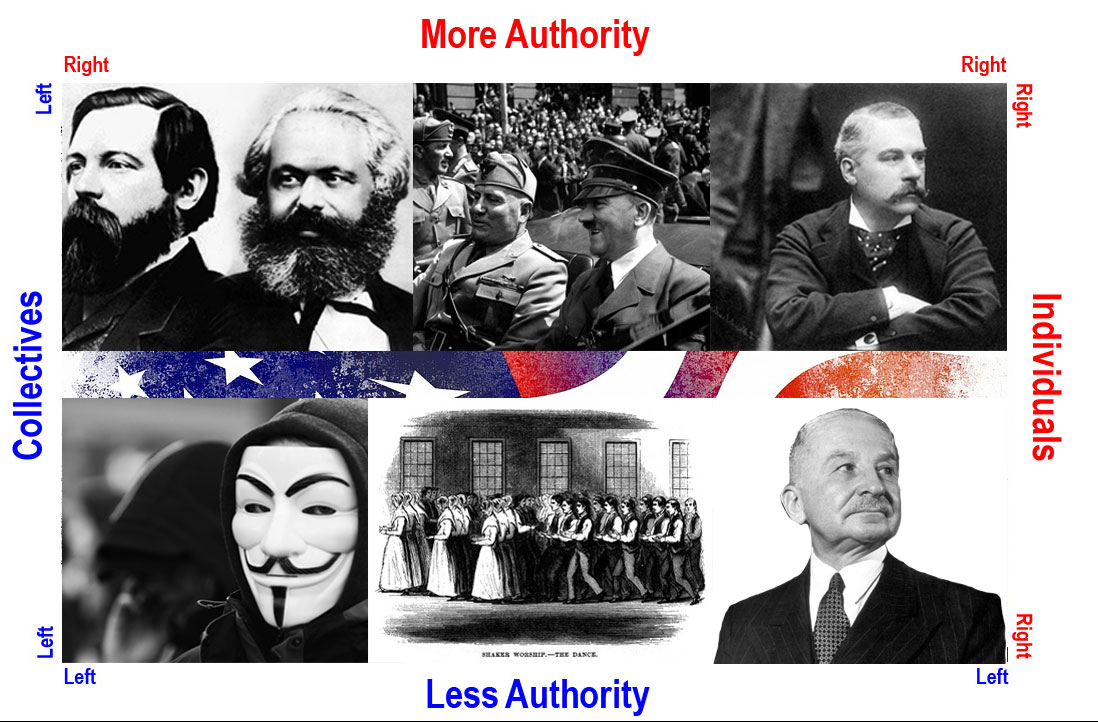
Marx and Mussolini called for extreme evolutions of socialism, Mises called for an absolutist return to individualist liberalism, but all miss the mark.